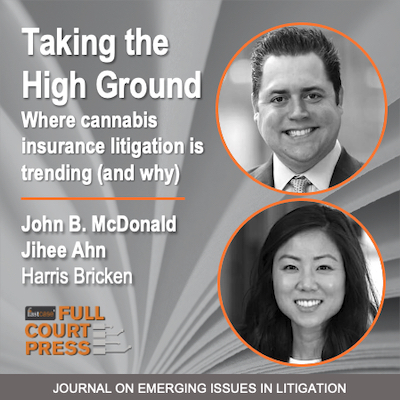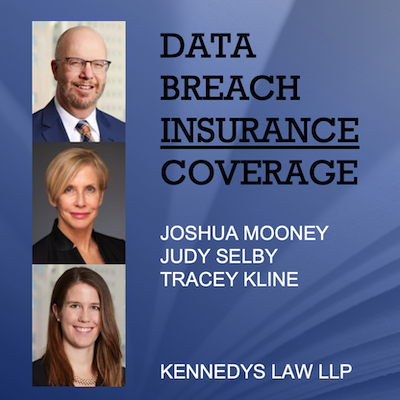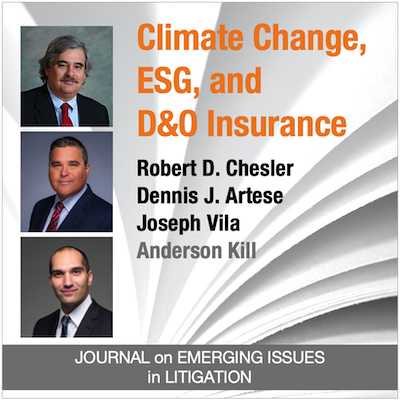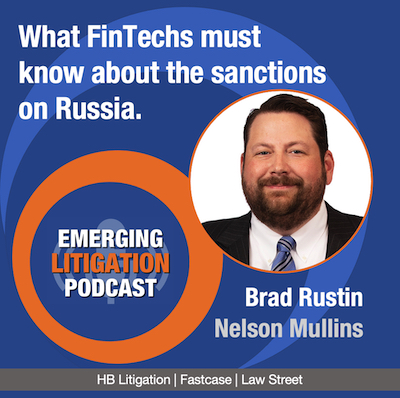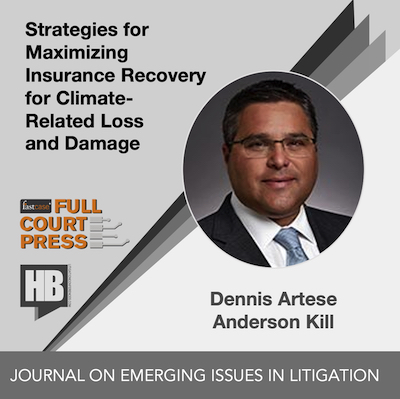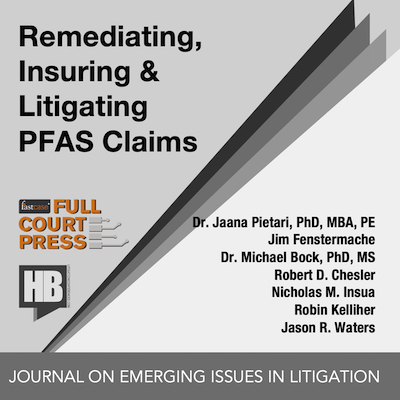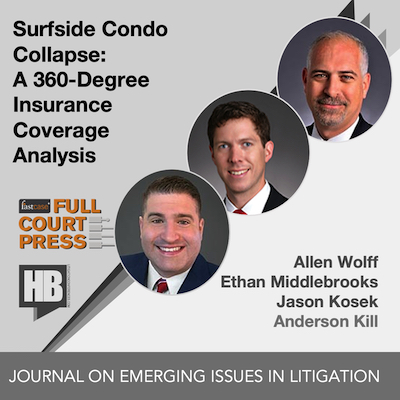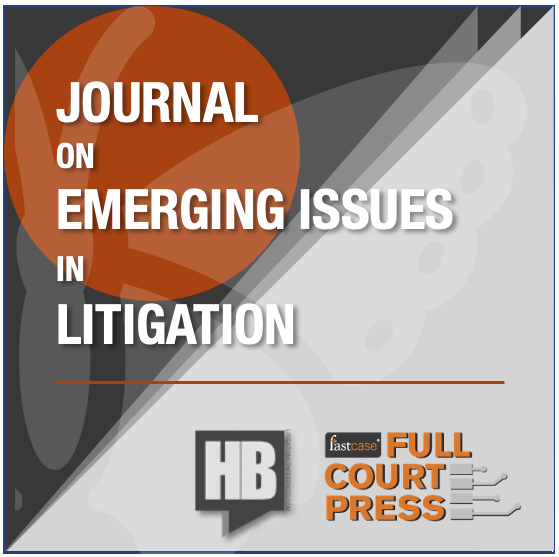Maryland Child Victims Act: Defending & Pursuing Insurance Coverage for Abuse Claims | Get CLE
Maryland’s Child Victims Act has opened the door to a surge of revived abuse claims, raising significant challenges for institutions, insurers, and counsel. In this CLE webinar, Cameron Argetsinger, Brian Della Torre, Glen Feinberg, and Sean Gugerty examine the law’s key provisions, emerging litigation trends, and complex insurance coverage issues. The program explores liability risks for schools, nonprofits, and religious organizations, and offers practical guidance on locating historic policies, managing notice obligations, and navigating insurer defenses. Essential insight for anyone handling CVA-related litigation or insurance recovery.


